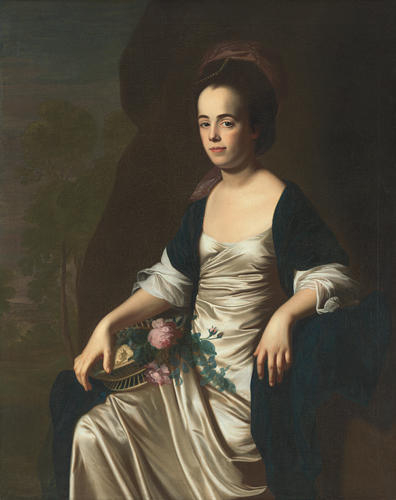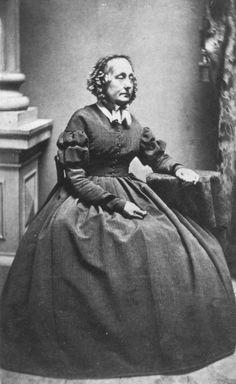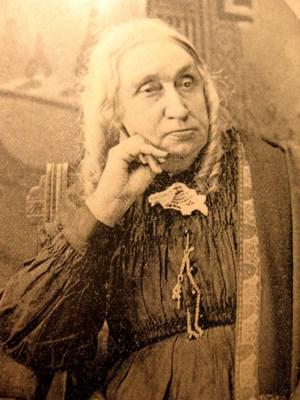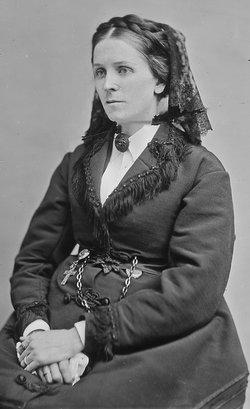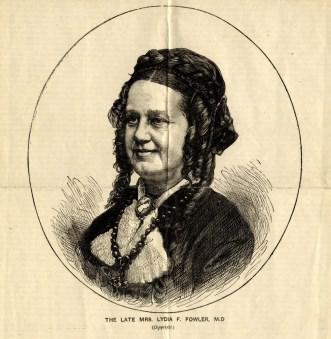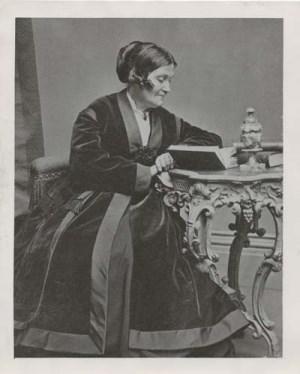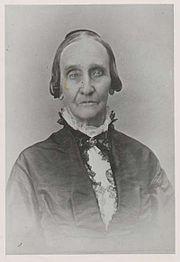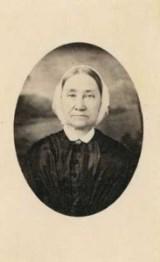Pioneers in the Fight for Women’s Rights Activism consists of efforts to promote changes in society, politics, the economy, or the environment. Activism can be expressed through political campaigns, boycotts, confrontational strikes or street marches, or by simply writing letters to newspaper editors. Judith Sargent Murray (1751-1820) Judith Sargent Murray was light years ahead of her time. Her ideas about women’s education were extremely radical for the late 18th century. She believed that the idea that women were intellectually inferior to men stemmed from the way they were raised: boys were encouraged to learn while girls were neglected. Although her family was wealthy, Judith found few opportunities to receive a formal education. Therefore, most of her knowledge was self-taught. Fortunately,…
